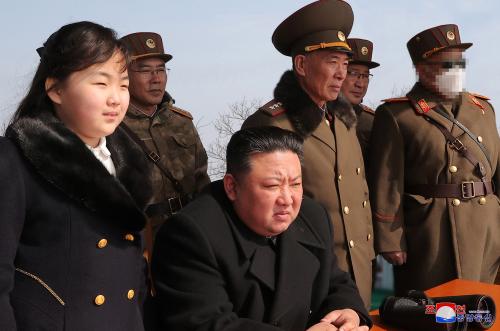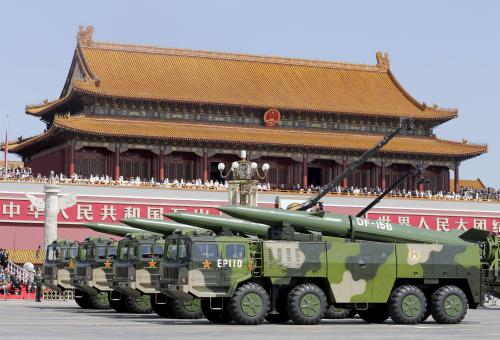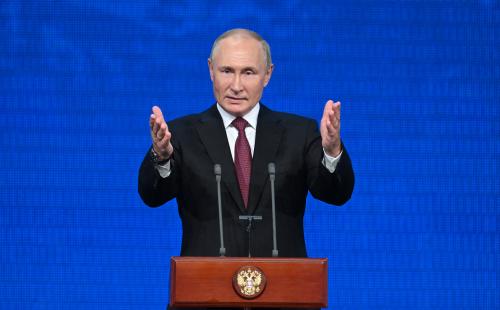

10:00 am EST - 11:30 am EST
Past Event
10:00 am - 11:30 am EST
1775 Massachusetts Ave., NW
Washington, DC
While the Obama administration continues its push for Senate ratification of the New Strategic Arms Reduction Treaty (New START), all sides of the debate are arguing the merits of the treaty and the prospects for its ratification. Assuming that the Senate ratifies New START, either during the lame-duck session or in the new Congress, American and Russian officials must determine the next steps in negotiations to reduce nuclear arms. What are those steps and what are the longer-term issues to be addressed if the United States and other countries were to engage in large-scale nuclear disarmament?
On November 29, the Arms Control Initiative at Brookings hosted a discussion exploring the future of New START and broader efforts to reduce nuclear arms. Senior Fellow Michael O’Hanlon discussed his new book, A Skeptic’s Case for Nuclear Disarmament (Brookings Press, 2010), and Senior Fellow Steven Pifer, director of the Arms Control Initiative, discussed his new paper, “The Next Round: The United States and Nuclear Arms Reductions after New START.” Thomas Donnelly, director of the Center for Defense Studies at the American Enterprise Institute, and Keith Payne, president of the National Institute for Public Policy, joined the discussion.
After the program, the panelists took audience questions.
10:00 am - 11:30 am
On November 29, the Arms Control Initiative at Brookings hosted a discussion exploring the future of New START and broader efforts to reduce nuclear arms. Senior Fellow Michael O’Hanlon discussed his new book, A Skeptic’s Case for Nuclear Disarmament (Brookings Press, 2010), and Senior Fellow Steven Pifer, director of the Arms Control Initiative, discussed his new paper, “The Next Round: The United States and Nuclear Arms Reductions after New START.”



Jenny Town, Chung Min Lee, Evans J.R. Revere, Andrew Scobell, Hideya Kurata, Artyom Lukin
July 26, 2024

Amy J. Nelson, Andrew Yeo
July 22, 2024

Steven Pifer
June 3, 2024